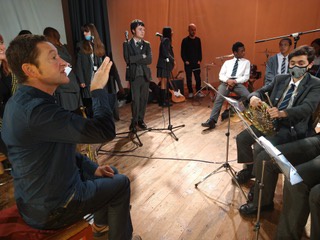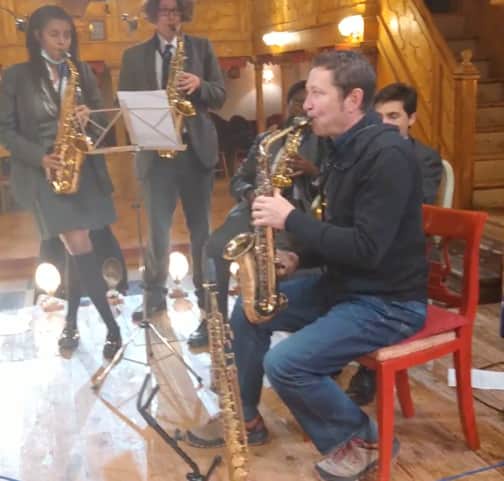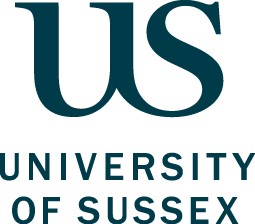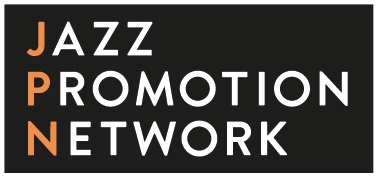About Jazz in Education UK
Aims
Jazz in Education UK aims to explore and critique the potential of jazz and improvising as a creative learning process in education through:
- Identifying the current challenges regarding curriculum, inclusivity and access.
- Questioning and challenging these concepts, through research and practice.
- Developing a shared understanding of how to inform and drive research and practice forward.
Objectives
Our objectives are to inspire dialogue, foster debate and create new discourses surrounding Jazz in Education that can both support and inform research and practice.

Statement of Purpose
Jazz in Education UK aims to provide coherent advocacy and contribute expert responses to current educational policy.
- Despite the ongoing uncertainties facing music education, which have been compounded by the global pandemic, this period of enforced reflection, resourcefulness and resilience leads us to propose that jazz and its close musical relations (groove-music, real-time making, etc) are especially relevant to the musical well-being of the nation.
- As an amalgam of musical and social cultures, alongside centrality of rhythm and social, collaborative music making, jazz embodies musical practices that are vital to active music-making and listening as part of a broad and balanced education in the twenty-first century. Similarly, the heritage of jazz was built upon and continues to model expressive and social diversity and inclusion.
- Despite the inclusion of Jazz into music education being widely acknowledged as good practice by educators and researchers, most teaching and learning strategies employed by jazz musicians remain underused, and are yet to be embedded throughout teacher education. There is an absence of professional development for teachers and educators and jazz practices.
- To compound matters, very few jazz graduates progress to PGCE/classroom-teaching (a figure of 2% is frequently quoted although the source is currently unknown). This not only affects the development of children's generative abilities and harmonic and rhythmic skill-sets but also excludes the most skilled improvisors from the delivery and development of the school music curriculum.
- Genre in music education is conceptually complex and challenges policy-makers. The Jazz in Education Initiative proposes to focus more on generative learning processes and social context instead of singular stylistic definitions. This is Jazz in Education as distinct to Jazz Education.
As a result, this group proposes to:
- dispel the myth that improvisation is only for experts,
- rigorously inform the development of music curriculum so that it embodies the characteristics and practices inherent to the music it is intended to serve.
- initiate a culture of professionalised educational engagement
- accelerate the professionalisation of the jazz education workforce at both secondary and tertiary levels,
- contribute to a vocabulary and critical framework for generative/improvisational practice that works for teachers, evaluators, curriculum designers etc,
- contribute to the mapping of existing provision and localised needs,
- address Equality Diversity and Inclusion (EDI) focussing on underrepresented communities
- assist in identifying short-term gains (online fora, local partnerships, cross-disciplinary partnerships i.e. HEIs and PGCE Courses), bringing together existing interest groups,
- make recommendations for formation of infrastructure,
- investigate, encourage and facilitate any developments within the context of teaching and learning and expressive pluralism, rather than a singular stylistic definition.







